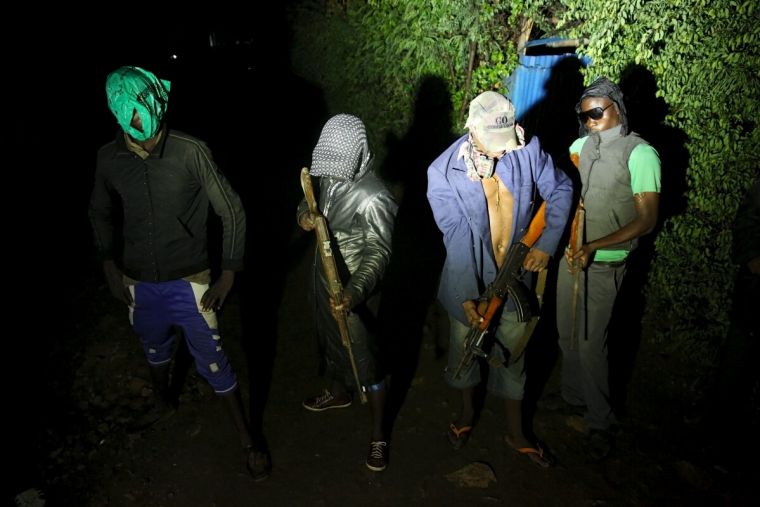At least twenty dead in Burundi capital after days of violence
At least 20 dead bodies were seen on the streets of the Burundian capital Bujumbura on Saturday, a police source said, following the worst outbreak of violence since a failed coup in May.

Blasts and gunfire echoed around Bujumbura for most of Friday after unknown gunmen attacked three military sites, but there was no fighting overnight and witnesses said the capital's streets were calm on Saturday morning.
The clashes were condemned by the United States, which like other Western powers fears the central African nation could slide back into ethnic conflict.
Unrest in Burundi, which started in April when President Pierre Nkurunziza announced plans for a third term in office, has also unnerved a region that remains volatile two decades after the genocide in neighboring Rwanda.
A senior police official in the flashpoint Nyakabiga district said there were 20 young men killed in the neighborhood, and a Reuters witness saw at least 16 bullet-ridden bodies in the same area.
Residents said some of the dead had been rounded up by the police during the day after house-to-house searches on Friday, an allegation the police denied.
"They entered in our compounds, gathered all young and middle aged men, took them and killed them away from their homes," said one resident in Nyakabiga.
But police spokesman Pierre Nkurikiye said there were "no collateral victims" during Friday clashes.
"All the deaths were attackers killed in the joint sweep operation of the army and police," he said. "The enemy was neutralized."
A government official said the police were collecting bodies across the capital but it was not clear how many people were killed in other districts where fierce fighting also took place.
Willy Nyamitwe, a presidential advisor, called for Kenya Airways to resume flying to Burundi after the carrier and regional rivals RwandAir and Ethiopian Airlines cancelled flights on Friday.
"Today's flights in and out of Burundi should not be cancelled since the roadblocks are removed. Situation came back to normal," Nyamitwe said on Twitter, addressing Kenya Airways.
Until now, battle lines in Burundi's crisis have followed the political divide. But Western powers and neighboring countries fear prolonged violence could reopen old ethnic rifts.
Burundi's 12-year civil war, which ended in 2005, pitted rebel groups of the Hutu majority, including one led by Nkurunziza, against what was then an army led by the Tutsi minority. Rwanda has the same ethnic mix.
One of the generals behind the failed coup attempt in May said in July the rebel group still aimed to topple the president and experts have warned that the army, which was restructured after the civil war to include rebel fighters, might fracture.











